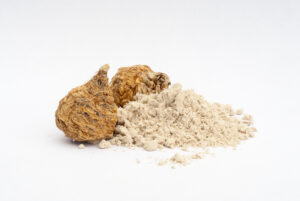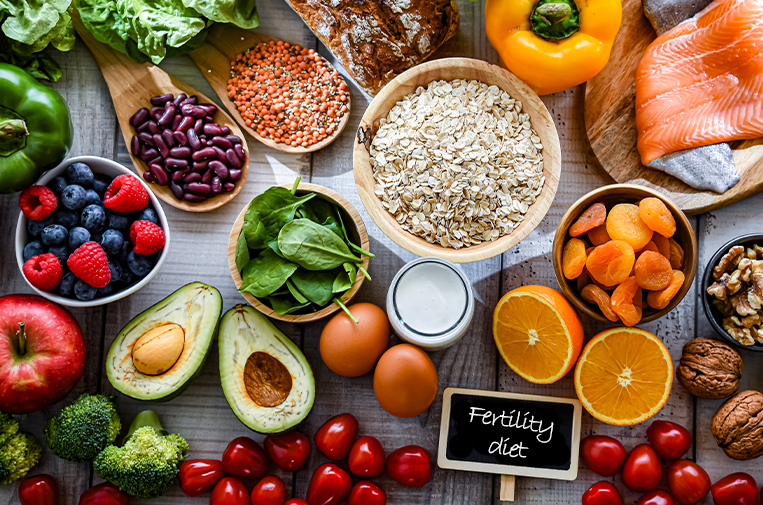Maca (lepidium meyenii) is a plant native to the Peruvian Andes. This root vegetable has been used as both a food and medicine. It has a reputation as a tonic or adaptogen (a substance that improves the body’s ability to adapt to stress) and is commonly referred to as Peruvian ginseng. Traditionally, Maca has been taken to increase energy, stamina, and athletic performance – it is also used for enhancing fertility and sex drive in both men and women. Remember, this root is usually ingested as a food source.
Maca contains primarily carbohydrates with 10 percent protein, 8-9 percent fiber, and 2 percent lipids/fatty acids. It is rich in calcium and potassium as well as containing iron, iodine, copper and zinc.
By all indications, Maca is safe. However, it does not appear to have undergone any comprehensive safety testing; long-term use studies have not been published. There are no reported interactions with other drugs, herbs, or supplements.
The majority of human studies involving Maca are either in animal models or in men. There are a handful of studies looking at Maca for its utility in sexual dysfunction and menopause in women. The exact mechanism by which Maca influences the male or female reproductive system has yet to be found.
Men
Animal studies have shown increased sperm count and motility with Maca. There are a few human clinical trials showing an increase in seminal volume, sperm count and motility using 1500 to 3000 mg daily of Maca root. In human studies, Maca has not been shown to increase levels of the reproductive hormones testosterone, LH, or FSH in men receiving 1500 or 3000 mg/day of Maca for 12 weeks.
Maca has been reported to improve sexual desire and function. In a recent review of three published randomized clinical trials in men, Maca was shown to have limited evidence for improving sexual desire. The evidence remains inconclusive on Maca’s ability to improve erectile dysfunction.
Women
Studies focused on Maca’s effectiveness in menopausal women have shown a decrease in common symptoms such as hot flashes, night sweats, and altered mood. The studies show either little or no changes in blood FSH and estrogen levels. It has been reported that Maca can improve sexual desire in women. A recent review concluded, however, that there is limited evidence that supports the plant’s ability to improve female sexual function.
The available information on Maca and female fertility is very limited. There is a 2005 study using mice that showed Maca increased liter number. Another unpublished study from the same group appeared to show increased embryo quality in mice receiving Maca. There are no human studies published to date on the use of Maca for female fertility.
My take on Maca for fertility:
- Maca is traditionally utilized as a tonic, aphrodisiac, and for enhancing fertility.
- The usual dose of the crude root is 500 to 1000 mg, three times daily. At this level, it appears to be safe for short-term consumption.
- The root appears to have minimal effect on reproductive hormone levels.
- Maca may increase sperm count and, possibly, enhance sexual desire.
- I am unable to find any published scientific study showing Maca improves pregnancy rates.







